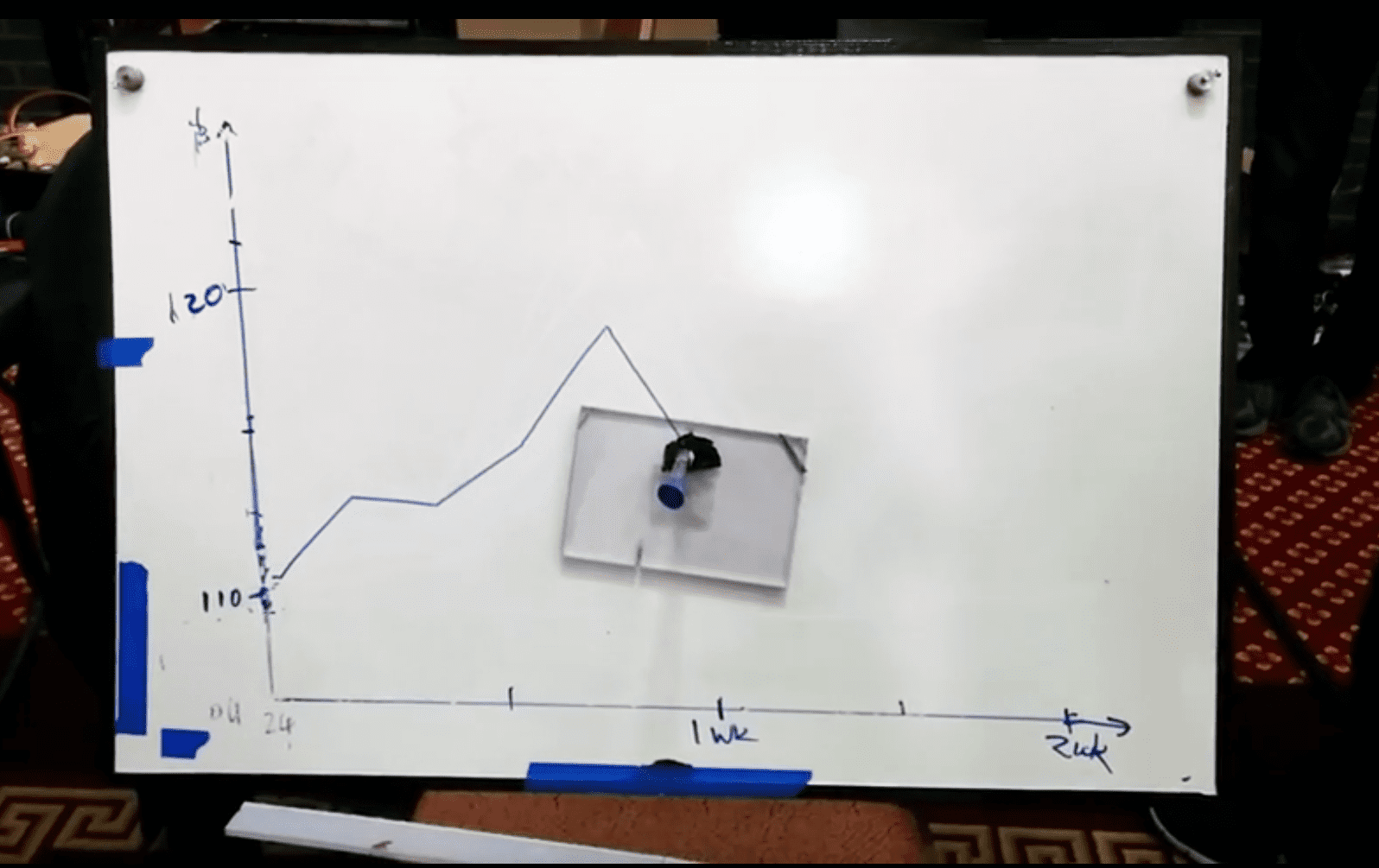There’s nothing quite like a hackathon. From the second you walk in the door, there’s a special kind of electricity all around the room. Hundreds of people from all walks of life gathered for the sole purpose of bettering themselves and building a project they can be proud of. Somewhere between the frantic sounds of fingers dancing across keyboards, and the pungent odor of day-old hackers, magic is made.

This past weekend I had the good fortune to be a judge for BostonHacks, Boston University’s top hackathon. It’s not my first rodeo, but every hackathon is different. Watching weary-eyed hackers come to life for that final pitch should be on everyone’s bucket list. Let’s be honest, nobody is going to have a seamless product in just 24 hours. Everyone’s demo is going to stutter a bit, and some of them just won’t work at all. The best hackers realize this. They manage to intelligently talk about the hardest problems that they’ve solved, the novel issues they ran into during the night, and perhaps most importantly, their vision.
I managed to review about 15 of the hacks before time came to a close. Two of the hacks in particular I felt were exceptionally strong. The first was Turbine, a modular sensor network for collecting high-granularity wind data in residential areas. The second was Dry Erase Plotter, a physical graph capable of drawing stock tickers on a whiteboard in real time.
Both of these hacks ran into serious problems through the night. The Turbine team attempted to deploy their solution on Microsoft Azure, only to find (as many of the teams there found) that dealing with a Windows stack is very difficult skill to pick up during the course of a hackathon. The Dry Erase Plotter accidentally fried both of the team’s motor controllers during the night, so they were forced to scrounge around for something to replace them.
Despite these setbacks, both teams came through with functional demos and polished pitches. The team members carried themselves with poise. They not only clearly explained goals of their projects, but also managed to discuss the technical snags they ran into and delivered well polished presentations as to why their hack was relevant.
Seeing the determination and vision driving projects like these through tough challenges is a thoroughly rewarding experience, especially as a judge. I know each and every feeling these hackers experienced as they worked through the night, having gone through it myself many times before. In fact, you could trace indico’s roots all the way back to a hackathon at MIT, where I met Alec (indico’s Head of Research and co-founder). As they say, the rest is history.
It’s why the indico team places great emphasis on helping out at student hackathons as sponsors, mentors, and judges — whether you decide to use our tools or not. The foundations of potentially brilliant, world-changing ideas are being crafted at these events, and we believe it’s incredibly important to nurture them. We hope that one day, it will be the catalyst to your success too.
So far this fall, the indico team has been to five hackathons: Hack the North, HackMIT, HackDartmouth, Tufts’ Polyhack, as well as Boston Hacks. This Friday (November 6, 2015), Madison, Diana, and myself will be at HackHolyoke. Come listen to my talk about machine learning and indico, and absolutely come to us if you need help with any aspect of your project. I’m looking forward to seeing some familiar faces, and most of all, feeling that hackathon magic.
